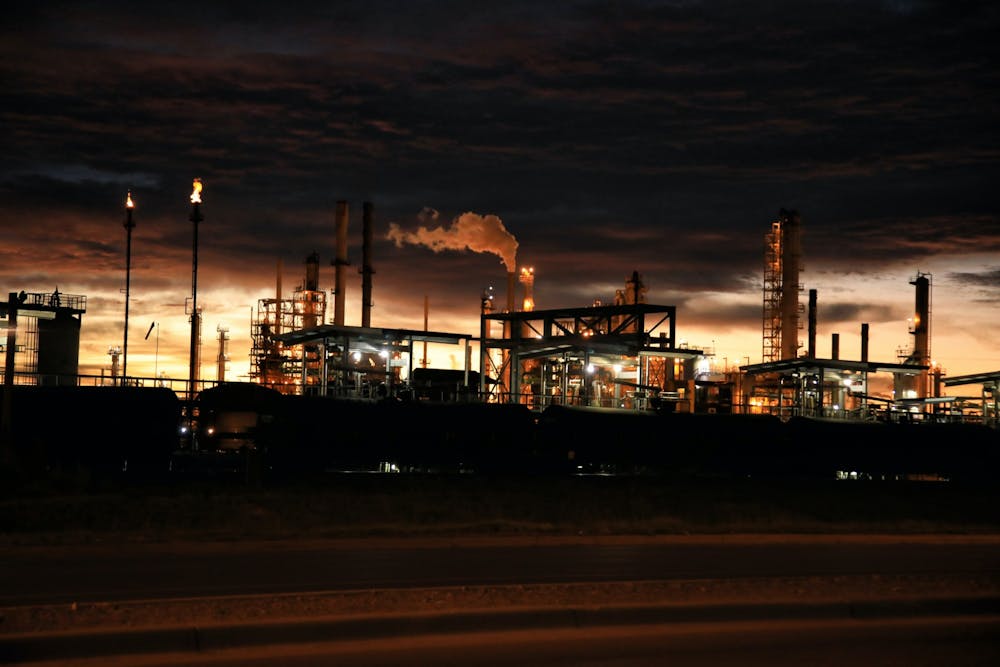Science shows that as we pollute our atmosphere with greenhouse gases like carbon dioxide and methane, the world heats up, causing disasters such as floods, drought, wildfire, hurricanes and ocean acidification. The climate catastrophe is not some remote risk; it is happening now and will certainly get worse. In New Mexico, we are in extreme drought and have already lost much of our mountain forests to wildfire and insect infestation.
The relationship between equity and inclusion is linked with the climate crisis, particularly in New Mexico. The mega-drought has adversely impacted the livelihoods and culture of Indigenous community members. The U.S. Resilience Toolkit states that, “Climate change threatens Indigenous peoples’ livelihoods and economies. Its impacts are projected to be especially severe for many of the 567 federally recognized tribes in the United States that depend on traditional places, foods and lifestyles.”
We must do all that we can as soon as possible to prevent runaway greenhouse heating. The Paris Climate Accord, which the U.S. recently rejoined, seeks to limit global temperature increase to 1.5 Celsius compared to pre-industrial levels; however, the global community is not making adequate progress toward meeting this goal.
Everyone – from individuals to institutions to nations – must work together to limit greenhouse emissions. At our University, ASUNM, the Staff Council and the United Academics of UNM have all passed climate resolutions calling for action, and the Faculty Senate is currently working on a pair of resolutions focused on tangible steps UNM can take to reduce greenhouse emissions and foster a healthier and more sustainable environment.
To avoid most of the loss and risk from climate change, we must transition UNM’s energy portfolio from fossil fuels to non-polluting renewable energy. While this energy transition will be difficult in the short term for many people — for example, those working in the oil and gas fields will need training and support to transition into other industries — the good news is that this transition will significantly revitalize our national economy in the long term. Failure to transition will be economically — and environmentally — expensive. As we delay the energy transition, the financial and social costs rise steeply.
According to recent Lazard and Bloomberg New Energy Finance reports (2020), the cost of generation of solar power (at the utility scale) is currently the least expensive way to generate electricity, at 3.6 cents per kilowatt-hour, followed closely by on-shore wind at 4.0 cents/kWh. (For reference, natural gas costs 5.9 cents/kWh, coal costs 11.2 cents/kWh and nuclear energy costs 16.4 cents/kWh.) Further, the trend for costs of solar and wind energy generation are expected to spiral downward. New Mexico is in a prime position to deliver the least expensive renewable-generated electricity in the nation, and with the state Legislature’s passage of the Energy Transition Act in 2019, the state is leading the nation in its target date (2045) for carbon-free electricity generation. PNM will beat that date by five years and is already replacing the coal-fired San Juan Generating Station with 650 MW of solar and 300 MW of battery storage that will save ratepayers between $6 and $7 per month.
UNM can play a crucial role in this energy transition by investing its resources in New Mexico clean energy and climate change projects, continuing studies on economic diversification strategies for the state, updating and accelerating its own climate action plan to become carbon-free as soon as possible and educating its students and community about the actions needed to counteract climate change.
UNM community members have been urging action on climate change for decades. Students have graduated. Presidents have changed. Professors and staff have retired. Lots of meetings have occurred, with a few positive steps to reduce carbon emissions here and there. But the atmospheric carbon keeps rising, the temperatures keep increasing, our droughts and forest fires keep getting worse and our communities are being impacted. UNM can no longer afford to wait: The time to act on climate change is now.
Walter Gerstle is professor emeritus of civil engineering
Megan Jacobs is an associate professor in the Honors College and holds a master of fine arts degree
Ravi Jain is a professor in the electrical and computer engineering, physics and astronomy, and nanoscience and microsystems departments, and is affiliated with optical sciences and engineering and the Center for High Technology Materials
Caroline Scruggs is an associate professor of natural resources and environmental planning in the School of Architecture and Planning
Get content from The Daily Lobo delivered to your inbox
Stefi Weisburd is a retired outreach and education manager in the School of Engineering






